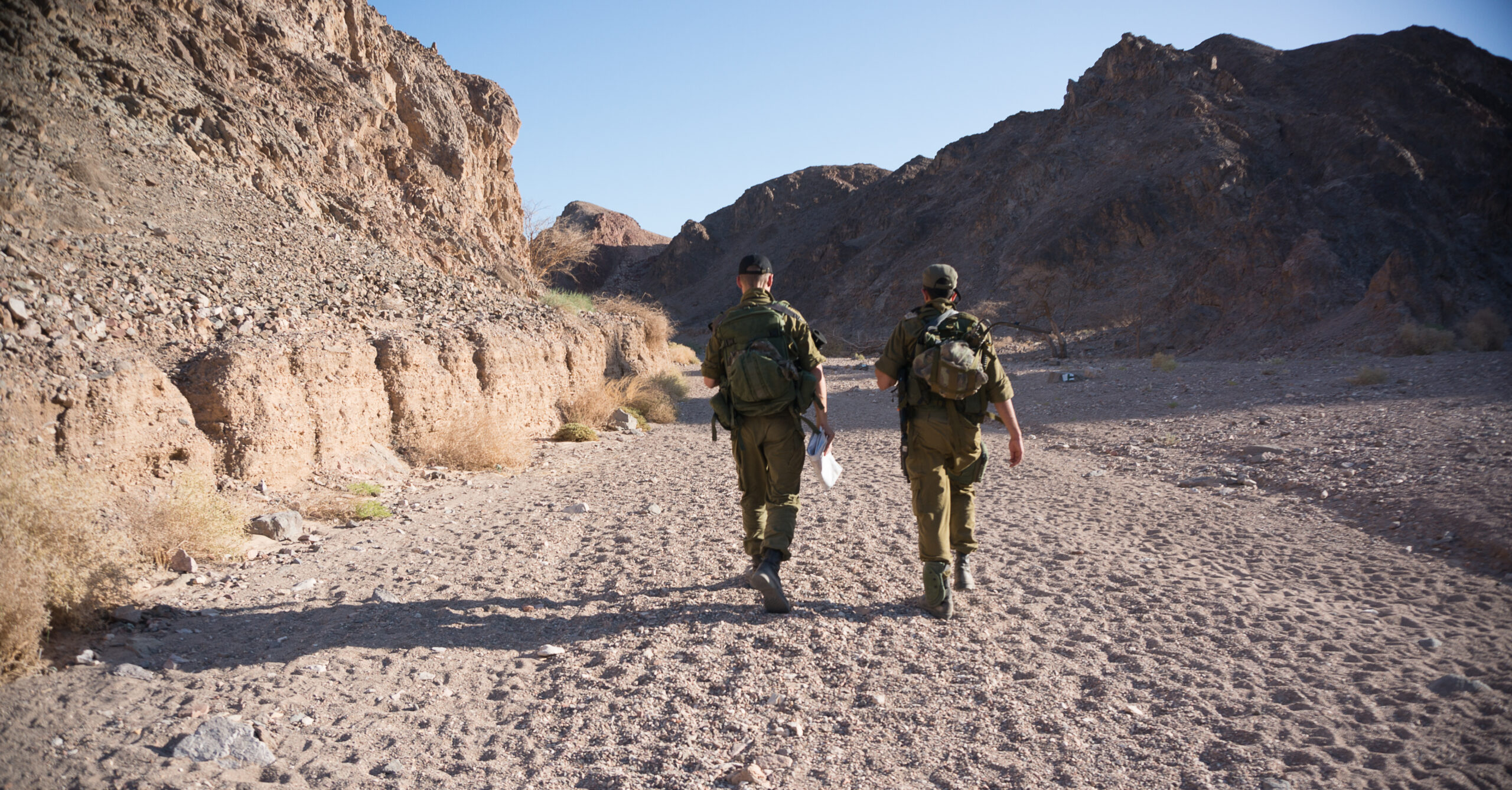On Tuesday, June 18, Israeli airstrikes in Gaza resulted in the deaths of at least 17 Palestinians in the Nuseirat and Bureij refugee camps, as reported by medics and local residents. These historic camps house families and descendants of those who fled to Gaza during the 1948 war that led to the creation of Israel. The strikes occurred as Israeli tanks advanced into the southern city of Rafah, intensifying the conflict in the region.
Civilians in Rafah described intense bombardments by tanks and planes across various areas of the city, which had sheltered more than one million people before May. “Rafah is being bombed without any intervention from the world. The occupation [Israel] is acting freely here,” a Rafah resident and father of six told Reuters via a chat app.
Israeli tanks were reported to be operating in several neighborhoods, including Tel al-Sultan, al-Izba, Zurub, and Shaboura, and occupying the eastern outskirts and the vital Rafah border crossing with Egypt.
The aftermath of the strikes saw Palestinians sifting through the wreckage of homes, clearing debris from damaged buildings, and mourning their loved ones. Although an Israeli military statement did not directly address the deaths, it confirmed continued operations against militant factions in central Gaza, claiming to have killed many Palestinian gunmen in close-range combat and seized weapons. The air force struck dozens of targets across the Gaza Strip.
Khalil, a displaced teacher from Gaza, called for an immediate ceasefire. “Every more hour of delay, Israel kills more people. We want a ceasefire now. Enough of our blood,” he said. Due to Israel’s bombing of the Gaza Strip, there are no more universities in Gaza.
The conflict, which began on October 7 when Hamas attacked southern Israel, has led to significant casualties. According to the Gaza health ministry, more than 37,372 Palestinians have been killed and 85,452 wounded during Israel’s military offensive.
The political landscape in Israel has also been affected, with Prime Minister Benjamin Netanyahu dismantling his war cabinet amidst the ongoing conflict. Critics allege that Netanyahu is stalling to avoid an inquiry into his government’s handling of the initial Hamas attack and to prevent potential new elections as his popularity wanes.
Despite the heavy resistance in Rafah, the humanitarian impact of the conflict is severe. The international community has called for a ceasefire to prevent further loss of life and address the urgent needs of the displaced population. As the situation continues to evolve, the prospects for peace remain uncertain, with both sides facing significant challenges in achieving a lasting resolution.










